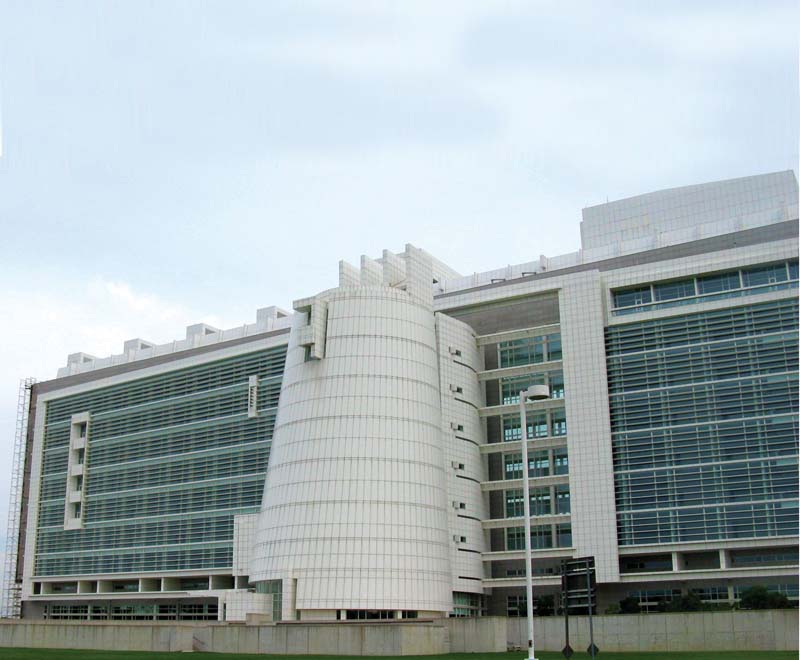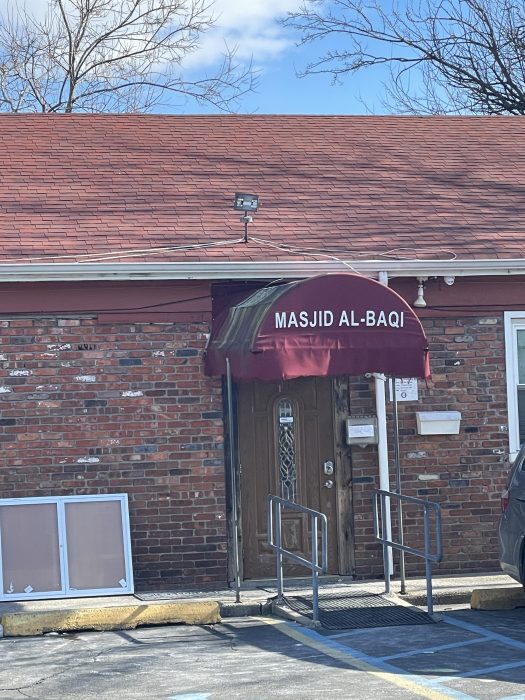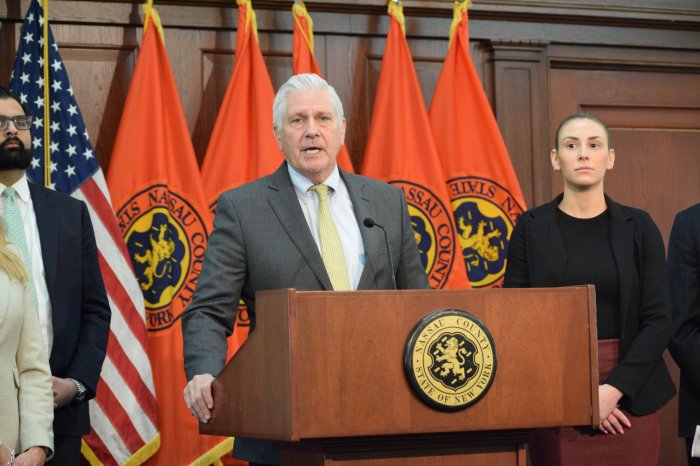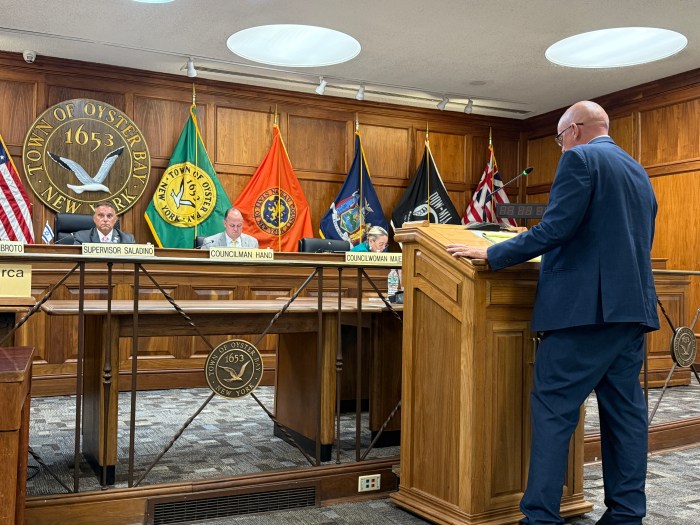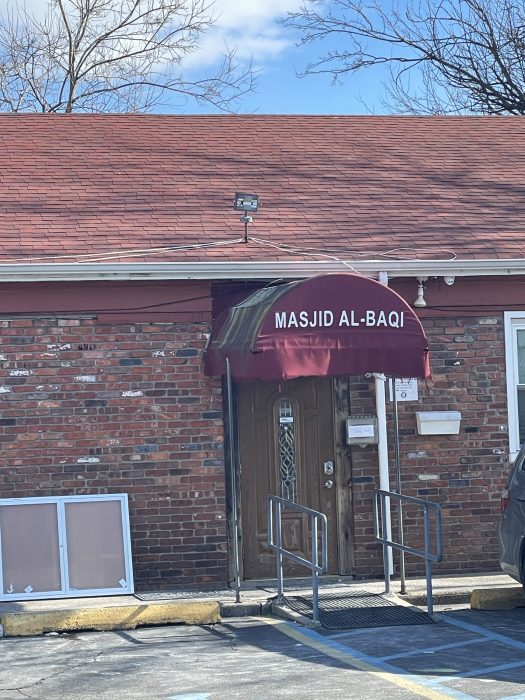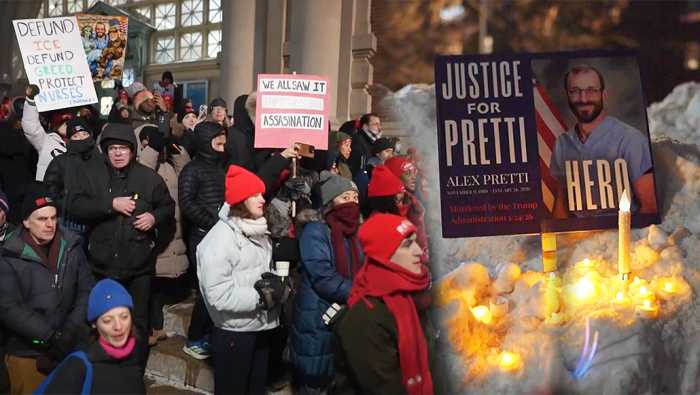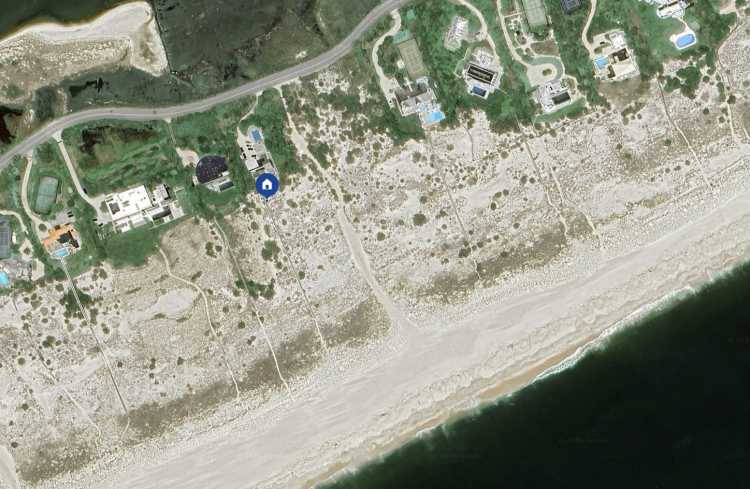A motion to postpone the court date between the Muslims on Long Island and the Town of Oyster Bay, scheduled for Oct. 27 in a lawsuit challenging the town’s denial of plans to replace two one-story buildings with one larger mosque, has been denied by a federal judge, according to court documents.
The town filed the extension after it contested that its legal staff had to work during the Jewish holidays and that it had to adjust its case after it fired a former traffic consultant who had made anti-Muslim social media posts.
A transcript from a pretrial conference on Thursday, Oct. 16, when the motion was denied, shows U.S. District Court Judge Sanket Bulsara siding against the town, saying it had a responsibility to know who its employees were.
“Let’s be clear. It’s an obligation of a lawyer to vet their experts,” Balsara said.
Muslims on Long Island had previously opposed the request, saying “the town had full responsibility to retain competent experts and prepare for trial on the long-established schedule,” in court documents.
The town had requested that the trial to pushed after Election Day.
Muslims on Long Island have charged that the town had blocked the expansion by presenting multiple legal issues, including a change in town law in 2022 that expanded the number of parking spots required for places of worship.
The change increased the number of parking spots required by the mosque from 86 to 155. According to the lawsuit, the initial proposal called for 88 spaces.
The town updated its zoning laws at a board meeting on Oct. 7, in a bid to create equal parking spaces for secular and non-secular uses. The new law sets the minimum number of parking spaces required for theaters, museums, libraries, and places of public assembly at one per three persons.
The town and the organization had agreed to a settlement in August, which would have included the town approving the mosque’s plan, paying Muslims on Long Island $3.95 million, and updating its code to address and resolve claims made against it.
The Muslims on Long Island had also agreed to certain provisions designed to mitigate the town’s asserted traffic and safety concerns.
The town backed out of the agreement less than two weeks later.
Throughout the process, lawyers for Muslims on Long Island have contended that the decision was racially motivated, while the town has claimed that the decision was made based on traffic and safety concerns.




